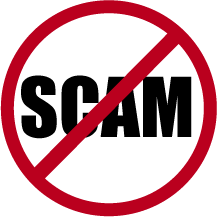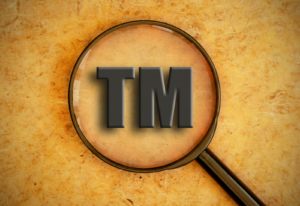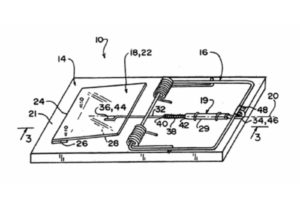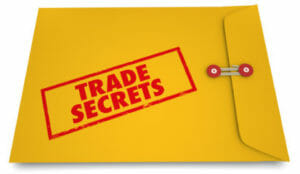The Increasing Threat of Trademark Scams
Trademark scams are on the rise, as the U.S. Patent and Trademark Office (USPTO) warns. If you get a concerning email about your trademark, there is a good chance it’s a trademark scam — but sometimes unsolicited emails are legit (or sort of), in the sense that they are alerting you of a real issue. For that reason, it is always a good idea to check in with a trademark lawyer that you trust when you receive this kind of communication, both to avoid falling prey to a trademark scam, while also ensuring that you are on top of any trademark-related issues.
USPTO Trademark Scammer List
The USPTO publishes a list of known trademark scammers. This list, however, is not even close to being exhaustive. Yet it usually isn’t that difficult to pick up on trademark scams.
Recognizing Trademark Scams: A Real-World Example
Here is an example that one of our clients received, with details changed for confidentiality reasons:
Dear Juan del Pueblo,
I hope you’re doing well. I’m writing on behalf of Trademark Whiz’s Legal Department to let you know about a possible trademark registration for the business name “Mofongo & Sushi” We found that your details are linked to this name.
Acting quickly is important because someone else is interested in registering the same name. If you don’t move forward with your registration, they could gain legal rights, and you might face consequences for using the name. This could even lead to legal action against you to claim ownership of your profits.
We noticed that your brand isn’t currently registered with the United States Patent and Trademark Office (USPTO). We want to know if you plan to register “Mofongo & Sushi.”
Keep in mind that if you don’t object, someone else might register it first under the USPTO’s policy.
According to the Lanham Act of 1946, federal registration is necessary to establish ownership rights. Please respond promptly to protect your rights and avoid potential legal issues.
We look forward to hearing from you soon.
Thanks & regards,
John Roberts
Sr. Intellectual Property Attorney
Trademark scams invariably present telltale signs, one of them being flat-out lies about the law. Federal registration is NOT necessary to establish trademark ownership rights in the United States. In our case, Juan has been using the “Mofongo & Sushi” trademark since the second Obama administration, meaning he has established what are known as common law trademark rights merely by using the trademark in commerce — regardless of whether he has registered the trademark at the federal or state level.
When Trademark Scams Serve a Purpose
Though you should never engage with anyone that appears to be trying to pull off a trademark scam, in some cases they might be doing you a favor, by prompting a conversation — with an actual trademark practitioner — about the trademark protections you have in place and whether they are sufficient. Moreover, as mentioned earlier, not all unsolicited communications regarding your trademarks are fraudulent. In some cases, you might be offered “services of dubious value, such as offering to record trademarks in a private registry,” but in some cases a provider might be offering assistance to deal with a real issue that has come up with your trademark application or registration.
Consult a Trusted Trademark Attorney
To sum up, if you receive any unsolicited correspondence regarding trademark matters, reach out to a legitimate trademark attorney. At a minimum, this will ensure that you are not ensnared by trademark scams. And at the same time, your trademark attorney can alert you of any issues with your trademarks that merit action.

























